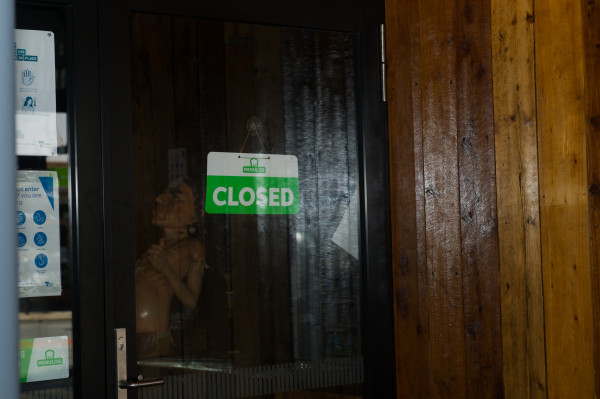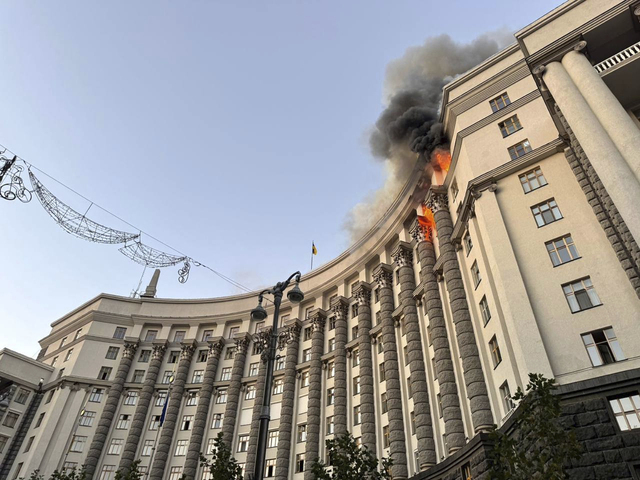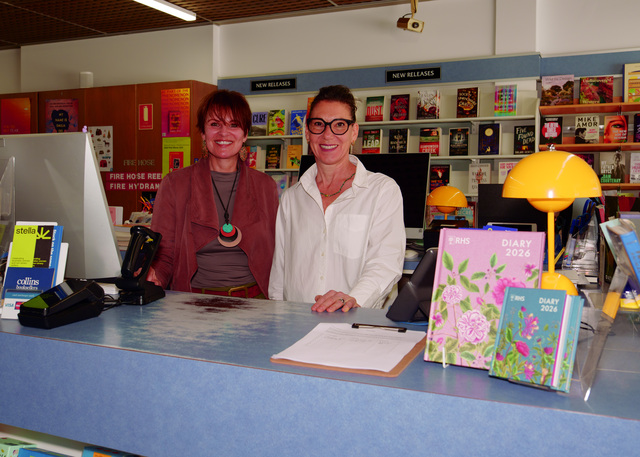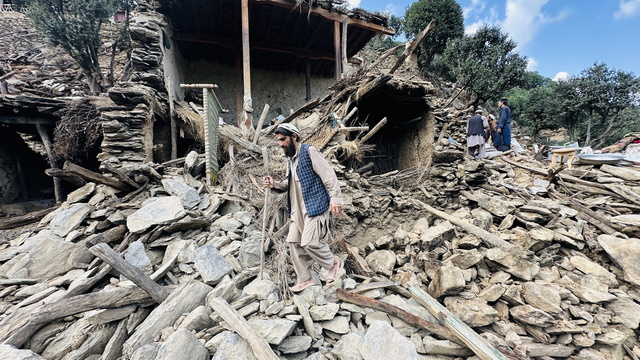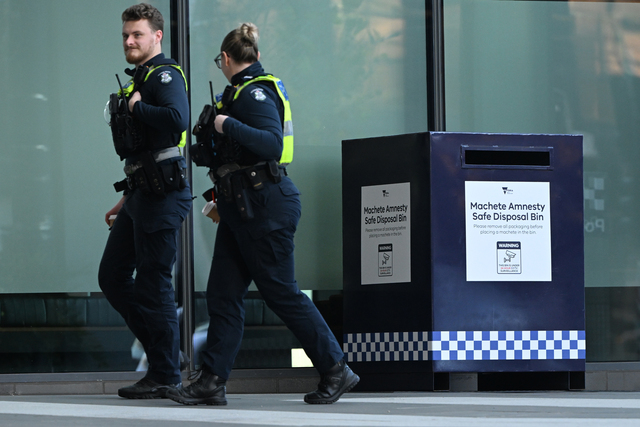VICTORIA’S state of emergency (SOE) has caused a great deal of confusion and anger in Victoria since the COVID-19 pandemic started.
State Parliament faces another key sitting next week when a Bill to extend the SOE regulations is voted on in the Legislative Council.
The government wants to extend the SOE until December 15. It allows Victoria’s Chief Health Officer to apply any measures necessary to contain the spread of COVID-19.
This includes mask-wearing, border controls, hotel quarantine and the other restrictions we’ve endured over the past 12 months.
The threat from COVID-19 will be with us for some time. The vaccine rollout has just begun, which is incredibly promising, but there will be a need for rules for the foreseeable future.
In the last sitting of Victorian Parliament, I voted against the government’s SOE extension Bill.
But what people need to understand is my vote against the current Bill does not mean I do not believe we need rules in place.
Everyone in Parliament understands, and agrees, that rules are needed. The government wants a nine-month extension, the Liberal-Nationals want month-by-month extensions with greater transparency around the enforcement of rules. No one is calling for an end to SOE regulations.
My Reason Coalition partner Fiona Patten has an important vote in the Legislative Council on the Bill next week. She has met Premier Daniel Andrews to negotiate changes to the government’s proposal and we both met Health Minister Martin Foley last week to discuss several issues.
One of the things I advocated was a more proportionate approach for regional areas to avoid a repeat of the situation we endured when the entire state was thrust into stage 4 restrictions because of an outbreak in Melbourne.
Ms Patten and I both believe pandemic-specific legislation is needed. This would allow for things like a traffic-light system to grade restrictions based on the level of risk. This is crucial, because the broad-brush approach can often be disproportionate.
The NSW Government applied a traffic-light system and it protected people’s safety while not unnecessarily restricting entire communities or the state.

